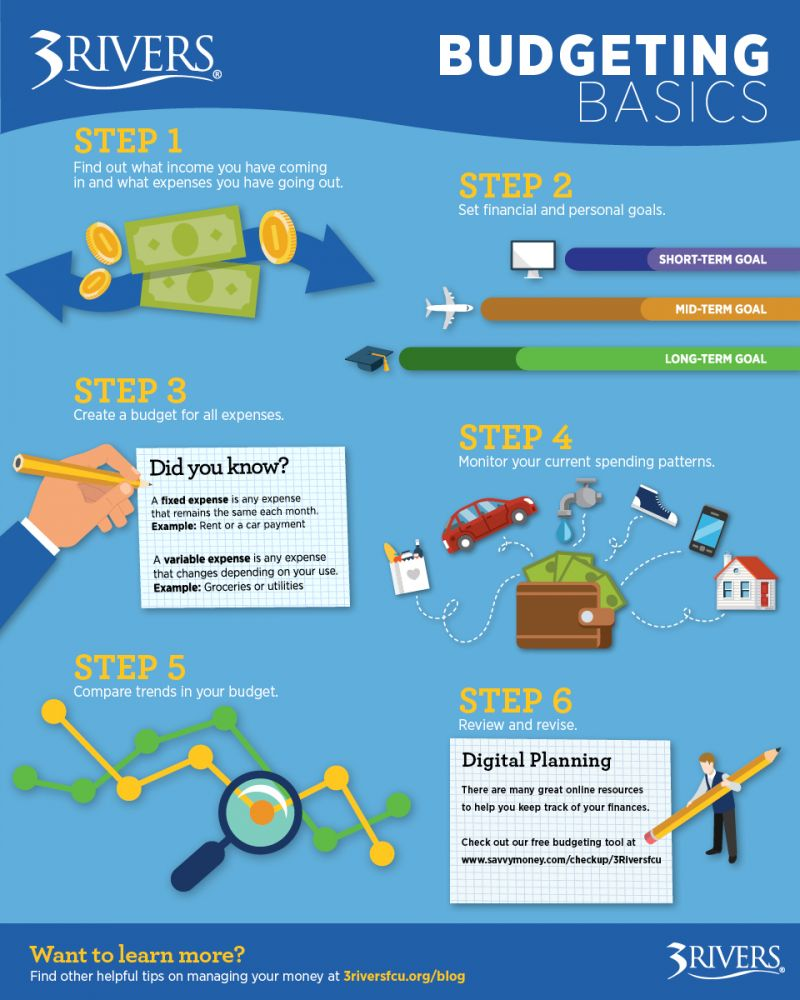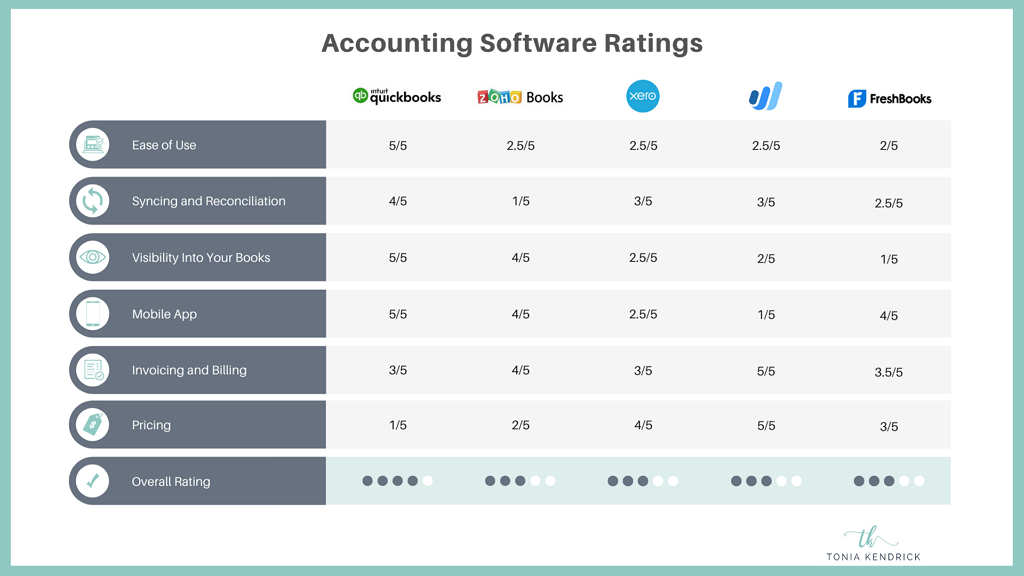Creating an effective budget is an essential step towards achieving financial stability and reaching your financial goals. A well-crafted budget helps you track your expenses, save money, and make informed financial decisions. However, creating a budget that works for you can be a daunting task. To help you get started, here are five tips for creating an effective budget that will help you take control of your finances:
1. Assess Your Income and Expenses:
Before creating a budget, it’s important to have a clear understanding of your income and expenses. Calculate your monthly income, including your salary, freelance work, or any other sources of income. Next, track your expenses for a few months to get an accurate picture of where your money is going. Categorize your expenses into fixed (rent, utilities) and variable (dining out, entertainment) categories. This assessment will help you identify areas where you can cut back and allocate your income more effectively.
2. Set Financial Goals:
Setting financial goals is crucial for budgeting success. Determine what you want to achieve financially in the short and long term. Whether it’s saving for a down payment on a house, paying off debt, or building an emergency fund, having clear goals will provide motivation and direction for your budget. Break down your goals into actionable steps and assign a timeframe for achieving them. This will allow you to allocate your budget towards these specific objectives.
3. Prioritize and Track Your Expenses:
Once you have a clear understanding of your income and expenses, it’s time to prioritize and track your spending. Determine your needs and wants, and allocate your income accordingly. Start by covering your essential expenses such as housing, utilities, and food. Then, allocate a portion of your income towards savings and debt payments. Finally, designate a budget for discretionary spending such as entertainment or dining out. Tracking your expenses is crucial to ensure that you stay within your budget. Utilize apps or spreadsheets to monitor your spending and make adjustments as needed.
4. Plan for Unexpected Expenses:
One common pitfall in budgeting is failing to account for unexpected expenses. Emergencies, medical bills, or car repairs can quickly derail your budget if you’re not prepared. It’s prudent to include a category in your budget for unexpected expenses or create an emergency fund. Aim to save at least three to six months’ worth of living expenses in case of job loss or other unforeseen circumstances. Having a cushion for unexpected expenses will help you stay on track with your budget and provide peace of mind.
5. Review and Adjust Regularly:
Creating a budget is not a one-time activity; it requires regular review and adjustment. Life circumstances change, and your budget should reflect those changes. Review your budget monthly or quarterly to evaluate how well it’s working for you. Track your progress towards your financial goals and make adjustments as necessary. Consider factors like income changes, new expenses, or fluctuations in your priorities. An adaptable budget will help you stay in control and ensure continued financial success.
In conclusion, creating an effective budget requires careful planning and regular review. By assessing your income and expenses, setting clear financial goals, prioritizing and tracking your expenses, planning for unexpected costs, and reviewing and adjusting regularly, you can create a budget that works for you. Remember that budgeting is a continuous process, and with discipline and perseverance, you’ll be able to achieve your financial objectives and improve your overall financial well-being.











